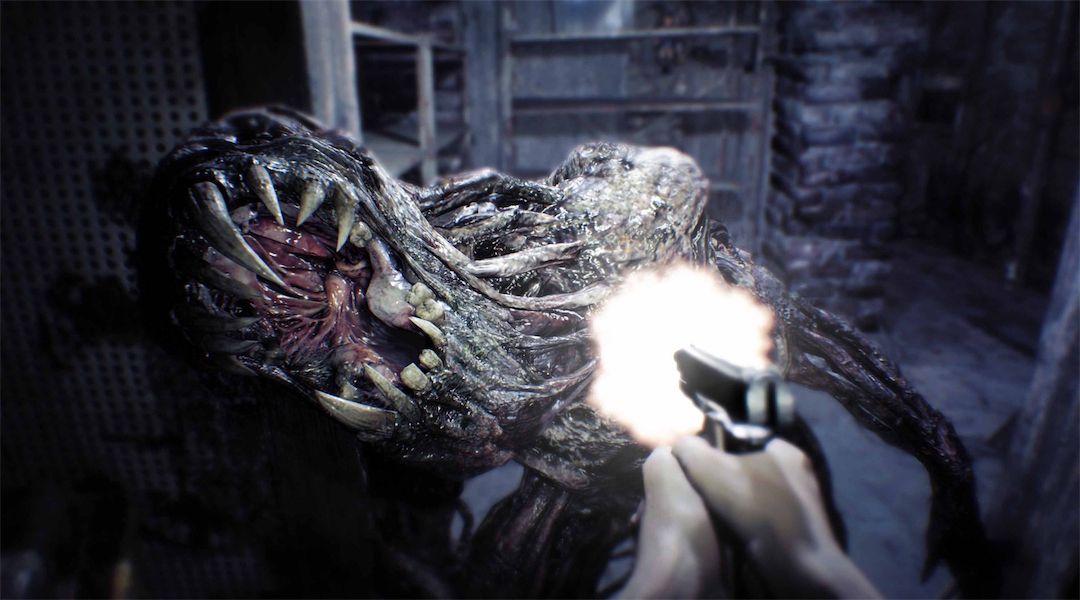The Austrian company Denuvo Software Solutions GmbH issues a response to gamers cracking the PC version of Capcom's survival-horror title Resident Evil 7.
For those unaware, not long after the launch of Resident Evil 7, the Denuvo anti-piracy software put in place for the game's PC version was undermined in less than a week – five days to be exact – which has caused many to wonder if the Austrian company's Anti-Tamper technology is still all its cracked up to be. With this being the case, Denuvo's marketing director Thomas Goebl has now issued an official statement regarding pirates' ridiculously speedy ability to crack Resident Evil 7 on PC, assuring the public that even though the breach occurred, the security software still served its purpose in protecting the content overall.
When asked by Eurogamer about the matter involving Resident Evil 7's PC version being cracked in less than a week, Goebl was quick to mention that Denuvo has never once claimed that its Anti-Tamper technology is totally impervious to anyone's attempts to break through the software. As a matter of fact, Goebl managed to spin the situation somewhat positively to state that not only did Denuvo's anti-piracy program at least briefly deter those who cracked the code, but also the breach will serve as a way to learn more about how to improve its technology.
"Please note that we always position our Anti-Tamper solution as hard to crack, not as uncrackable. So far only one piracy group has been able to bypass it.
"As always, we continue working to improve our solution to create security updates for upcoming Anti-Tamper versions. We will do the same with the learning from this bypass. It's correct that the title in question was cracked some days after release. Given the fact that every unprotected title is cracked on the day of release - as well as every update of games - our solution made a difference for this title."
When one bears in mind Resident Evil 7 being cracked so quickly, it stands to reason that Capcom could possibly remove Denuvo Anti-Tamper from the survival-horror title altogether, and perhaps even attempt to receive reimbursements for potentially lost profits. However, Goebl went on to say that he couldn't comment on the company's practices with individual customers but he did declare, "We do not have any deals in place that offer refunds if a game is cracked within a specific time frame."
Up until now, Denuvo has been able to stand firmly beside its efforts against PC game piracy with games going uncracked for many months at a time. As a matter of fact, it has been said that software such as Denuvo's Anti-Tamper technology is eventually going to become so sophisticated, that even notorious hacking groups like 3DM predicted video game piracy's end to occur sometime within the next two years. Should that ever come to pass, then many publishers and developers will likely rejoice, and it will justify the stances of firms like Ubisoft, who believes DRM is vital for PC business.
Taking all of this into consideration, it might be a bridge too far to declare an imminent moratorium on video game piracy thanks to Digital Rights Management practices just yet. While there are certainly ways to stop video game piracy, such strategies may not work out in the long run, as has been evidenced by the cracking of Resident Evil 7 on PC. Not to mention, there are some companies like CD Projekt Red that believes DRM may actually cause piracy to happen through unintended side-effects of such software being put in place.
Resident Evil 7 is out now for PC, PlayStation 4, and Xbox One.

